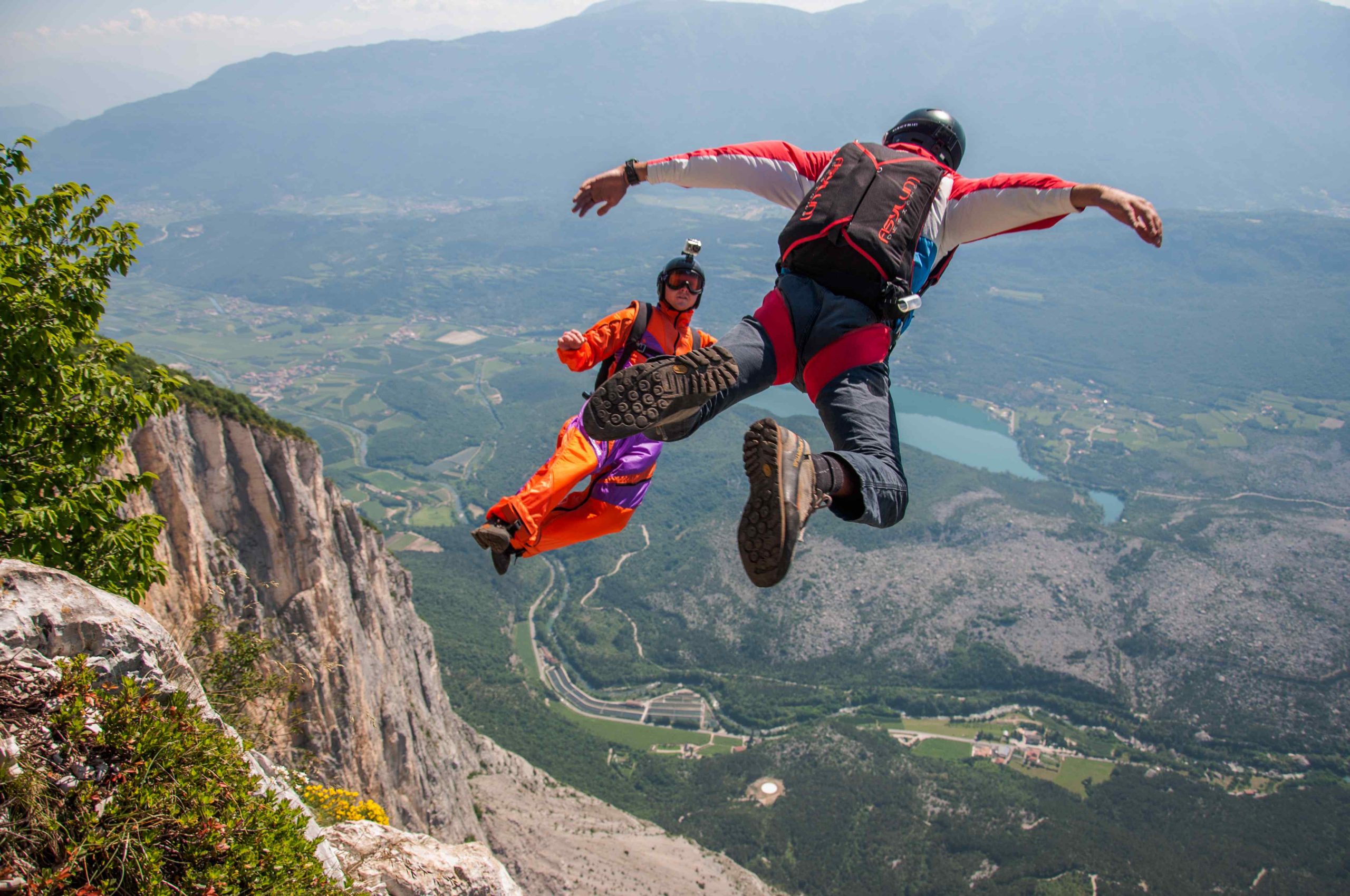(Transatlantic Today) —BASE jumping, an exhilarating yet perilous extreme sport, involves leaping from fixed structures and parachuting to the ground. Its thrill has attracted daredevils from all corners of the world, but the question that often arises is, “Is BASE jumping illegal?” In the United States, the legal status of BASE jumping has been a matter of debate and confusion. In this article, we’ll delve into the complex legal landscape surrounding BASE jumping in the US and explore why this adrenaline-pumping activity is deemed illegal in many states.
Is Base Jumping Illegal?
BASE jumping is explicitly prohibited in all national parks across the United States. However, it finds a legal foothold in territories managed by the Bureau of Land Management and the U.S. Forest Service. Additionally, a couple of iconic locations, the Perrine Bridge in Twin Falls, Idaho, and the New River Gorge Bridge in Fayetteville, West Virginia, allow BASE jumping once a year. Despite these limited legal outlets, many BASE jumpers opt to leap from other structures, leading to citations and arrests.
The Reasons Behind BASE Jumping’s Illegality
The primary reason why BASE jumping is illegal in most states is its inherently reckless and dangerous nature. The potential for traffic congestion and pedestrian injuries, especially when jumping from urban structures, contributes to its outlaw status in certain areas.
Moreover, many argue that allowing BASE jumping in national parks detracts from the experience of other park visitors. They believe that the presence of BASE jumpers disrupts the tranquil atmosphere these parks are designed to offer. Another concern is the risk posed to first responders when accidents occur during BASE jumps, potentially diverting them from other emergencies.
While these are legitimate concerns, BASE jumping continues to captivate thrill-seekers worldwide, who argue that the sport should not be entirely banned but regulated and made safer.
Do You Need a Permit to BASE Jump?
Currently, there is no federal law that mandates BASE jumpers to obtain permits. However, various states require permits for recreational activities like skydiving and paragliding. The only legally sanctioned locations for BASE jumping in the US, the New River Gorge’s Bridge Day and Perrine Bridge in Twin Falls, Idaho, have stringent qualifications. To be eligible, jumpers must have recently completed at least one hundred jumps and undergone specialized training.
These requirements pose a considerable challenge for the average jumper, making legal BASE jumping inaccessible to many enthusiasts. Consequently, numerous BASE jumpers choose to flout the law, risking severe penalties for jumping without a permit.
The Perspective of BASE Jumpers
Ask any BASE jumper, and they’ll likely argue that banning BASE jumping is an exercise in futility. Enthusiasts assert that people will continue to pursue the sport regardless of legal restrictions. Instead of outright prohibition, they advocate for collaboration between athletes and policymakers to enhance safety.
BASE jumping, they argue, could benefit from the establishment of safety protocols and rules akin to sports like white-water rafting, skiing, and hiking. Furthermore, publicly funded emergency services should be made available to BASE jumpers to ensure their safety.
By setting boundaries, rules, and emergency services, BASE jumping could evolve into a sport that offers the thrill seekers crave while minimizing unnecessary risks. While acknowledging the inherent danger, participants may choose to engage in BASE jumping with confidence that it is as safe as possible.
Conclusion: Is Base Jumping Illegal?
BASE jumping, a daring and exhilarating extreme sport, is predominantly illegal in the United States due to its inherent risks and potential hazards to the public. Nevertheless, the allure of
BASE jumping continues to draw adventurers from around the world.
The ongoing debate surrounding the legalization of BASE jumping promises to remain a topic of interest in the years to come. If you’re contemplating taking the plunge into this thrilling world, thoroughly research the laws and regulations in your area and prioritize safety. Happy jumping!


























